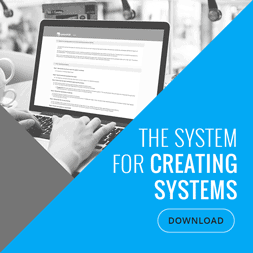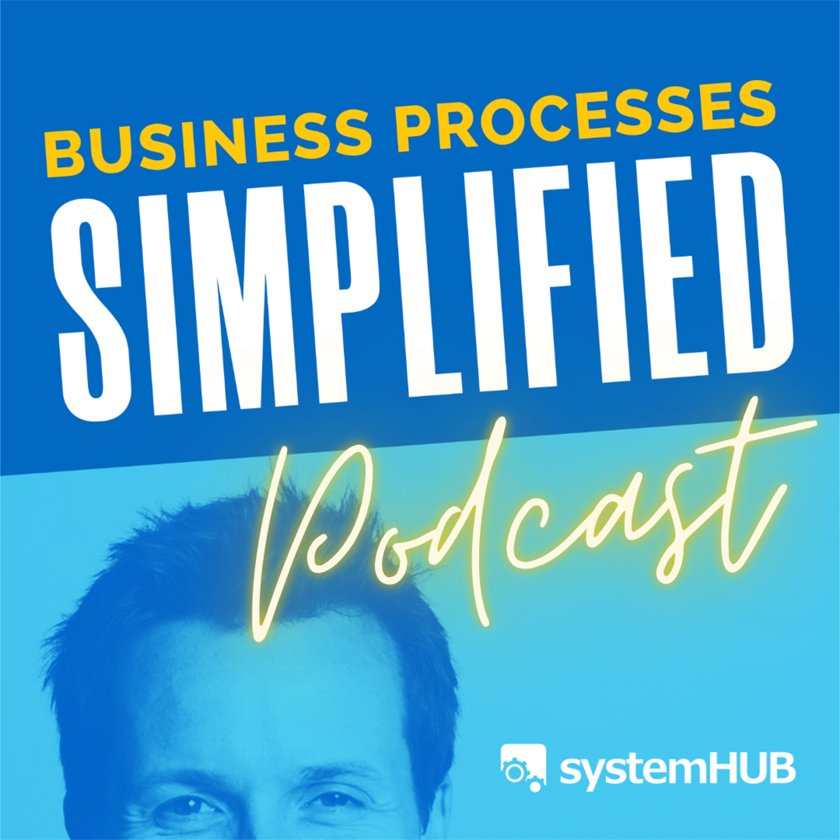Highlights
- 73bit specializes in ESG (Environmental, Social, and Governance) and sustainability benchmarking with their SaaS product, Probench.
- The company has been profitable since inception, focusing on niche markets.
- SYSTEMology’s CCF framework helped 73bit optimize product packaging and target markets.
- Implemented a culture of systems thinking and regular team communication.
- Achieved predictable service delivery using a structured sprint system.
The Story
73bit, led by Vikram Shetty, has carved a niche in the ESG and sustainability benchmarking space with their product, Probench. Founded in 2007 and acquired by Vikram in 2015-16, the company has consistently focused on providing specialized software solutions to think tanks, non-profits, and research organizations. Despite being bootstrapped, they have maintained profitability by sticking to their niche.
Their journey has been one of organic growth, with Vikram and his team embracing systems thinking to enhance their service delivery and client relationships. This shift was significantly influenced by SYSTEMology and the Critical Client Flow (CCF) framework, which helped them streamline operations and broaden their market reach.
The Challenges
Like many service-based businesses, 73bit faced the challenge of managing growth without losing focus on their core offerings. As they grew, the complexity of client needs and product variations required a more structured approach. The team found themselves entangled in ad hoc systems, leading to inefficiencies and potential bottlenecks.
Another challenge was instilling a systems culture within the team. While Vikram had experience with systems and processes, translating this into an actionable framework for his team was a daunting task. Ensuring consistent delivery while managing team expectations and capacity was a critical concern.
The Solution
The turning point for 73bit came with the introduction of SYSTEMology’s principles and the CCF framework. This approach enabled them to identify and focus on key processes, reducing complexity and enhancing efficiency. By packaging their product offerings more strategically, they were able to tap into new market segments.
Vikram implemented a culture of regular communication and systems thinking among his team. He introduced a monthly “culture call” to discuss non-work-related topics, fostering a deeper understanding of the company’s values and goals. Assignments and accountability became central to their systems training, ensuring that only committed team members were part of the transformation.
The adoption of a structured sprint system further optimized their operations. By establishing clear deliverables and timelines, 73bit enhanced predictability and client satisfaction.
This systemization not only improved internal processes but also allowed them to offer value-based pricing, increasing profitability.


What’s Next?
73bit is on a trajectory of growth, with plans to scale their operations and expand their client base. The foundation of systems and processes they’ve built ensures they can handle increased demand while maintaining quality and efficiency. Vikram’s vision is to continuously refine their systems, leveraging new technologies like AI to enhance service delivery. If you’re ready to transform your business and unlock its full potential, explore how the SYSTEMology framework can help you build the systems you need to scale.









